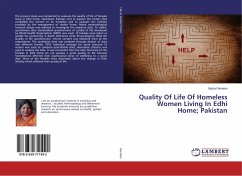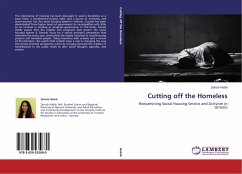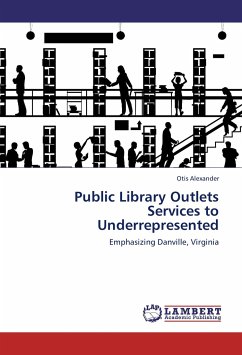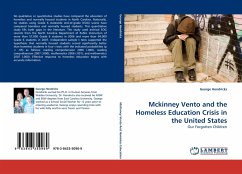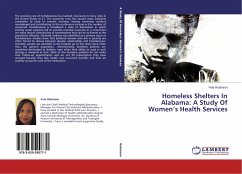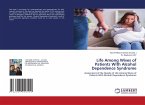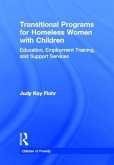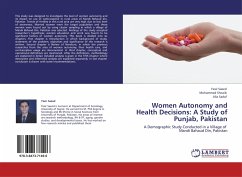The present study was conducted to evaluate the quality of life of females living in Edhi home, Islamabad; Pakistan and to explore the factors that compelled the women to be homeless and to evaluate the facilities provided by the management of shelter home. Mixed methodological research design was selected to investigate the empirical data. To collect quantitative data standardized questionnaire of quality of life developed by World Health Organization (WHO) was used. 15 females were taken as sample for conducting in depth interviews while 30 participants filled the Quality of life questionnaire. Inform consent was obtained from all the respondents. The qualitative data was analyzed through division of data into different themes. SPSS (statistical package for social sciences) 10 version was used to compute quantitative data; descriptive statistics was used to analyze the data. It was concluded from the data that most of the females in Edhi home do not possess a good quality of life because homelessness effected their psychosocial sense of wellbeing to a great deal. Most of the females were depressed about the change in their identity which affected their quality of life.
Bitte wählen Sie Ihr Anliegen aus.
Rechnungen
Retourenschein anfordern
Bestellstatus
Storno

